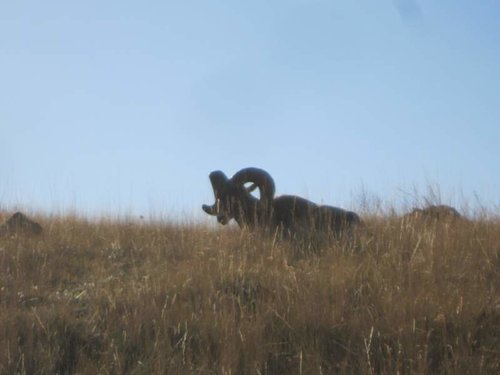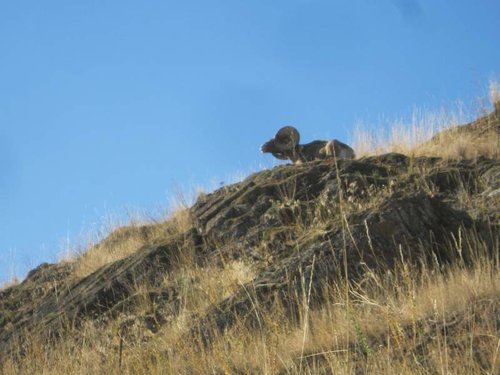katqanna
Well-known member
37+ bighorn sheep have died in a pneumonia outbreak at Montana's National Bison Range
At least 37 bighorn sheep have died in a pneumonia outbreak at Montana's National Bison Range.
Wild sheep usually pick up the pathogen from their domestic counterparts, who are not sickened by the bacterial strain. The disease has appeared in several other bighorn herds in western Montana.
In addition to killing large portions of local sheep populations, the disease also tends to suppress population growth by decreasing pregnancy rates or making it harder for lambs to survive.
U.S. Fish and Wildlife Service wildlife biologist Amy Lisk says there are no known contacts with domestic sheep inside the 18,800-acre bison range. The range is working with the Montana Department of Fish, Wildlife and Parks to get a fuller picture of the outbreak.







